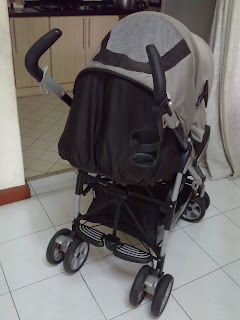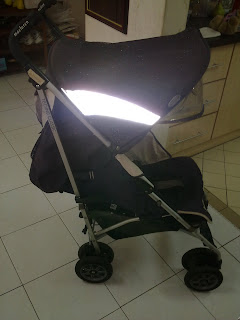Your baby's brain is changing and developing at incredible speed in the first year of life. During this time it is very important that you interact with your baby and expose him to appropriate level of stimulation.
Children researchers have come up with a classification of areas of infant development and a list of milestones that they would expect the average child to reach in certain ages and stages of growth.
Your baby learns from observing and interacting with his environment. You can support his development with appropriate activities like playing games & playing with toys, singing songs & rhymes, talking to your baby and encouraging him to play and discover his environment.
Tips on how to stimulate your baby
Research shows that reading is one of the best things parents can do for their child, because it supports short-term developmental goals and also school perfomance in the future.
Playing games & playing with toys will help your child to develop his motor senses and imagination from a very early age.
Singing rhymes which involve clapping will teach your child rhythm and co-ordination. All babies have some instinctive skills, but also many that need to be developed. Babies learn by moving as well as by observing and listening. Try to play games that encourage movement like holding his hands and clapping to songs, supporting him under his arms and bounce him so his feet touch the ground.
One of the biggest stages of infant development is learning a language. Language skills are most effectively learned from others. that simply means you have to actively talk to your child even if you can't expect to have a "proper" conversation with him. When you are doing housework or cooking explain to your child what you are doing. This will teach him awareness of his surroundings and help him to develop his language skills. Note that you actively need to spend time talking to your baby. Using television as a substitute won't work. Interaction is essential.
You should also deliberately stimulate, encourage and boost your baby's emotional development. You can do this by praising him for every achievement, big and small. Create a secure environment in which he is happy, confident and feels emotionally secure.
Find activities that will stimulate your kids' curiosity; encourage his physical , mental and emotional growth and prevent boredom.



































